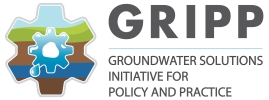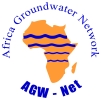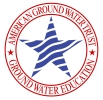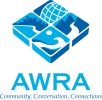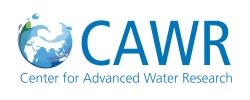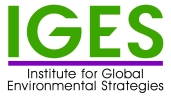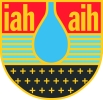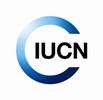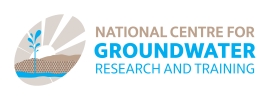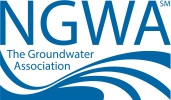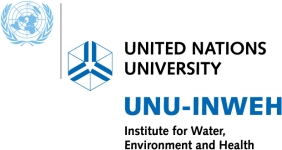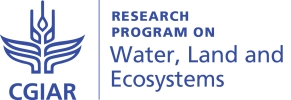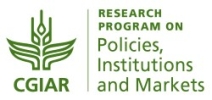In June 2016, the International Symposium for Managed Aquifer Recharge (ISMAR9) convened in Mexico City, Mexico to discuss sustainable groundwater management and the role of managed aquifer recharge. As groundwater becomes more heavily relied upon, proper measures need to be enacted and followed in order to prevent depletion and degradation in many areas of the world. Thus, the scientists who attended the conference produced six key policy directives to inform, engage, and mobilize decision-makers and the public on this critical issue.
Firstly, governments must recognize groundwater as critically important, finite, valuable and vulnerable resources. Though renewable, groundwater is susceptible to depletion, and groundwater is poorly understood because it is hidden underground. As a result, governments must pay heightened attention to the issue and halt the chronic depletion of groundwater in aquifers on a global basis. High levels of abstraction have already caused loss of groundwater storage, water quality degradation, and seawater intrusion, impacting wide communities reliant on the resource. Actions must be taken to achieve sustainability in the next 25 years.
Secondly, these systems need to be well understood in order to properly provide effective management. The government and the private sector should help provide the resources and technology to support academia and research with adequate tools and means. By the creation of integrated water resource frameworks, groundwater management institutions will be able to conduct studies, register and monitor wells, regulate extraction, and freely share data. Governments need to provide support in this endeavor to promote sustainability.
Additionally, managed aquifer recharge (MAR) should be further explored and applied globally, as it is a versatile technology that helps to increase the storage and availability of water from aquifers. It should be implemented where economically viable in suitable aquifers and where excess surface waters or recycled water of adequate quality is available.
Finally, the most important directive for effective groundwater management is collaboration at multiple levels, robust stakeholder participation and community engagement. By following these recommendations, groundwater can be preserved for future generations.
See here for more details: ISMAR9 Call to action – Sustainable Groundwater Management Policy Directives






